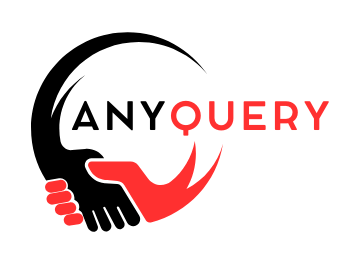Let’s face it — the rise of Artificial Intelligence (AI) has brought a wave of excitement and anxiety. We’re witnessing machines automate tasks, write code, analyze data, and even create art. It’s a powerful shift, and many of us are left wondering:
“What do I need to learn to stay relevant in this AI-driven world?”
If you’re asking the same, you’re in the right place.
The good news is that while AI can automate tasks, it cannot replace humans — at least not the ones equipped with the right skills. In this blog, I’m diving into the top 10 essential skills that will future-proof your career and help you stay ahead, no matter how intelligent the technology becomes.
1. Digital Literacy
First things first — in this era, being digitally literate is basic survival. It’s not just about knowing how to use Word or Excel anymore. You should be comfortable navigating tools like Notion, Canva, Trello, ChatGPT, and industry-specific platforms.
Whether you’re in design, business, or education, digital literacy enables you to communicate, manage time, automate tasks, and collaborate remotely.

Pro tip: Get hands-on with tools like Figma (for design), Google Sheets (for data), and AI tools like ChatGPT or Notion AI. Even basic automation tools like Zapier can boost your productivity.
2. Critical Thinking
AI can give you answers. But it’s your job to decide whether they make sense.
Critical thinking is the ability to evaluate information, spot biases, connect dots, and make smart decisions. It’s the skill that turns a tool user into a strategic thinker.
In a world where information is abundant (and sometimes misleading), your ability to question, reason, and make judgment calls is more valuable than ever.
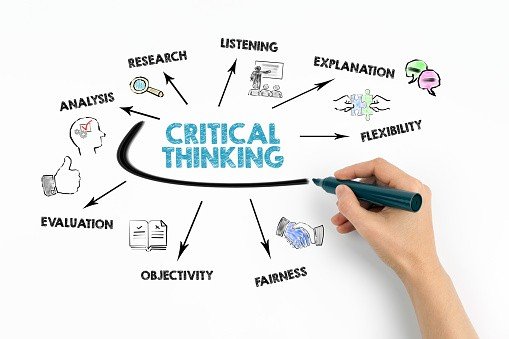
Try this: Before accepting any AI-generated response, ask: “Is this accurate?” “What could be missing?” “Does this align with the context?”
3. Emotional Intelligence (EQ)
This one’s a game-changer.
Emotional intelligence is the ability to understand and manage your own emotions — and those of others. It shows up in how you listen, handle feedback, resolve conflicts, and show empathy.
AI can’t build trust. You can.
AI can’t lead a team through a rough patch. You can.
EQ is crucial for leadership, team dynamics, negotiation, and customer relationships.
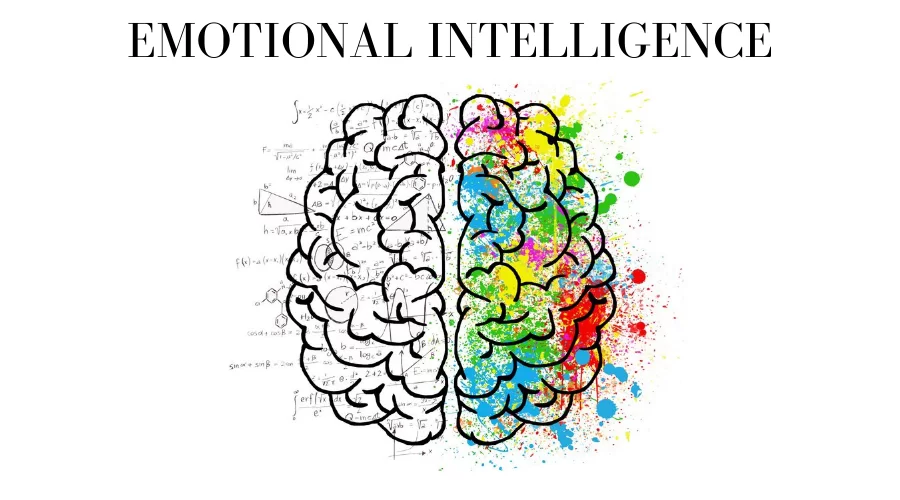
Build EQ: Practice active listening, regulate your emotional responses, and work on understanding different perspectives.
4. Adaptability & Growth Mindset
The AI revolution isn’t a one-time thing — it’s a continuous evolution. That’s why being adaptable is key.
The ability to unlearn outdated methods and pick up new tools or skills quickly will always be in demand. This is where the growth mindset comes in — the belief that you can learn anything with effort and time.
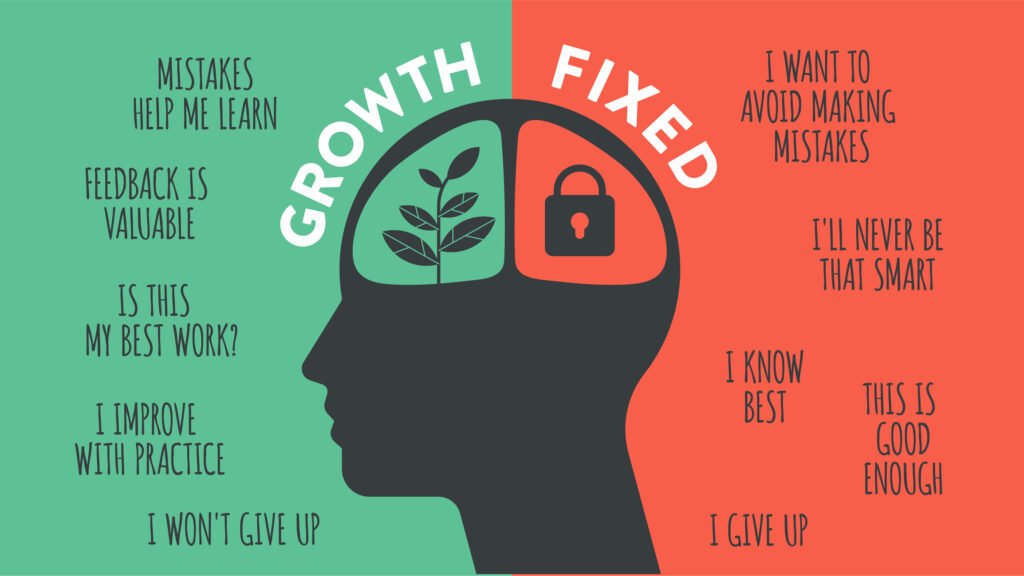
Shift your thinking: Don’t fear AI. Explore it. Stay curious, take courses, and keep up with trends in your industry.
5. Creativity & Innovation
While AI can mimic patterns, it can’t originate a truly novel idea the way you can.
Your creativity — whether it’s designing products, solving problems, writing content, or brainstorming strategies — is your edge. Creativity isn’t just for artists or designers; it’s vital in business, leadership, education, and tech.

Fuel creativity: Engage with diverse content, sketch your ideas, collaborate with different people, or simply journal — these habits unlock new ways of thinking.
6. Data Literacy
In today’s world, data is the new decision-maker. But raw data is useless unless someone understands what it means and how to use it.
That’s where data literacy comes in — the ability to read, interpret, and tell a story with numbers.
No, you don’t need to become a data analyst. But knowing how to extract insights from dashboards, spreadsheets, or reports gives you a powerful edge.
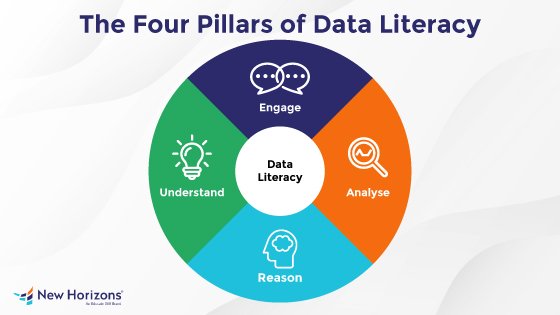
Start simple: Learn basic Excel/Google Sheets, explore platforms like Google Analytics or Tableau, and practice identifying trends.
7. Communication Skills
Even if AI writes emails, humans still dominate communication. Great communicators make ideas clearer, teams stronger, and decisions faster.
From writing professional emails and reports to giving presentations and leading conversations — communication is key in any career.
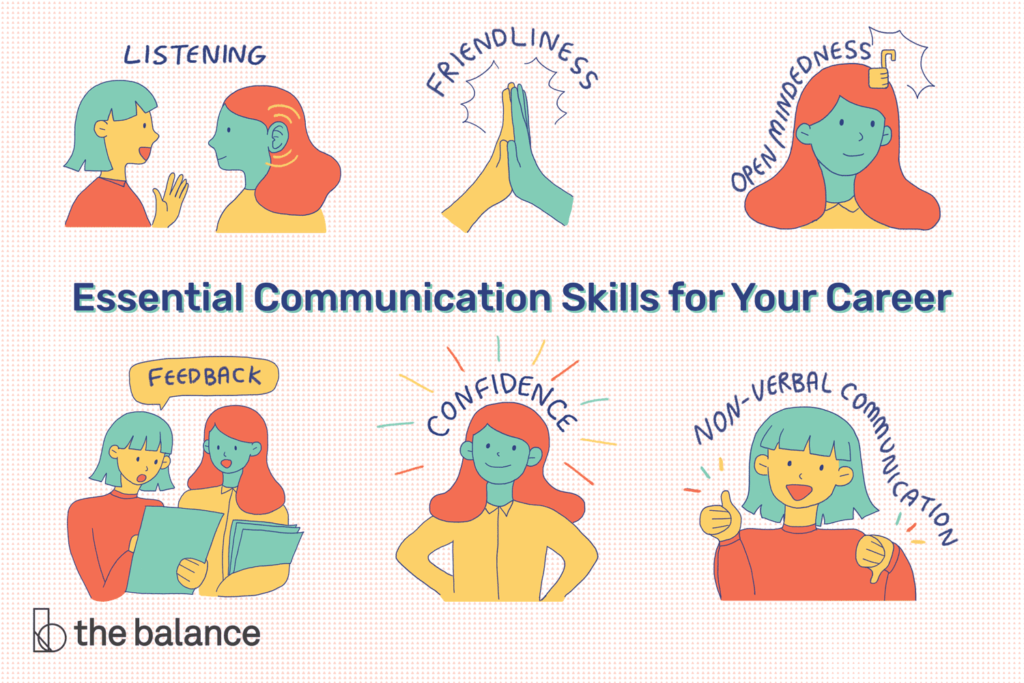
Level up: Practice public speaking, write often, and learn to simplify complex information without dumbing it down.
8. Collaboration & Teamwork
Even in a tech-heavy environment, people still need to work with other people. Tools like Slack and Zoom may help, but the real skill is managing personalities, aligning goals, and working as a team.
Collaboration also means being able to give and receive feedback, co-create ideas, and resolve conflicts.

Tip: Work on group projects, ask for feedback, and reflect on how you show up as a teammate.
9. Leadership & Initiative
Leadership in the age of AI is not about hierarchy — it’s about mindset.
Taking ownership, solving problems, making decisions, and guiding others (with or without a title) will always set you apart. Companies need people who can lead ideas, not just follow orders.

Own your growth: Start leading mini-projects, mentor peers, or volunteer to take the lead on group assignments.
10. AI Literacy
This one ties it all together.
Understanding how AI works — what it can and can’t do — is a major advantage. Knowing how to use AI tools for ideation, automation, writing, research, and even coding can massively boost your productivity.
AI literacy means you treat AI like an assistant, not a threat.
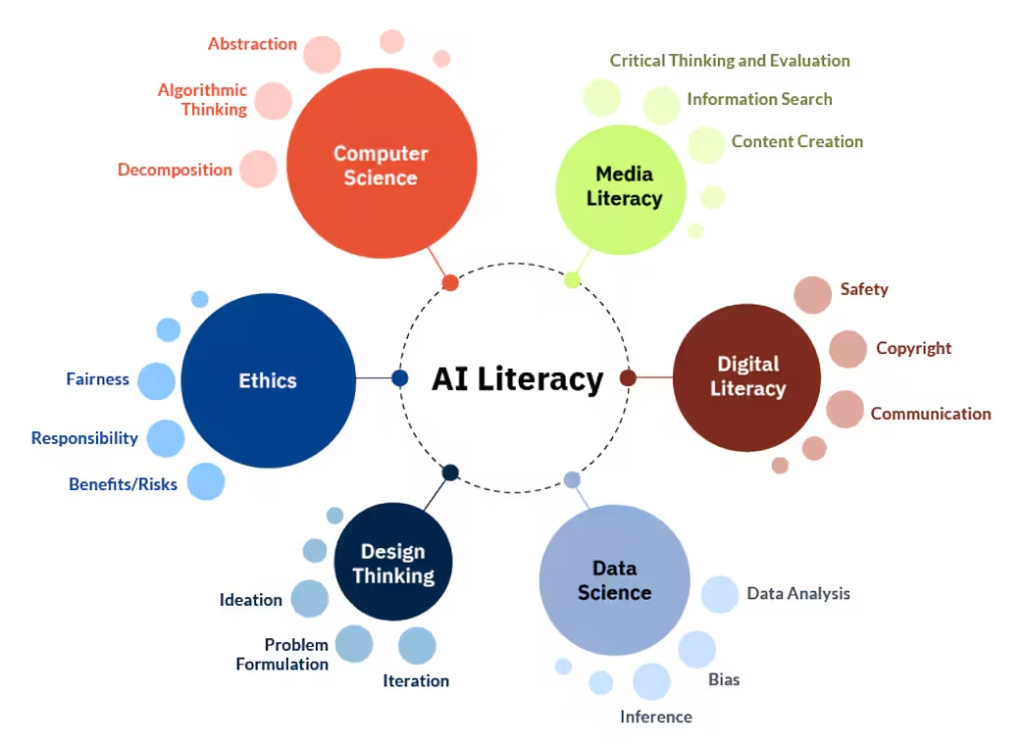
Get started: Explore tools like ChatGPT, DALL·E, Grammarly, and learn the basics of how machine learning models function.
